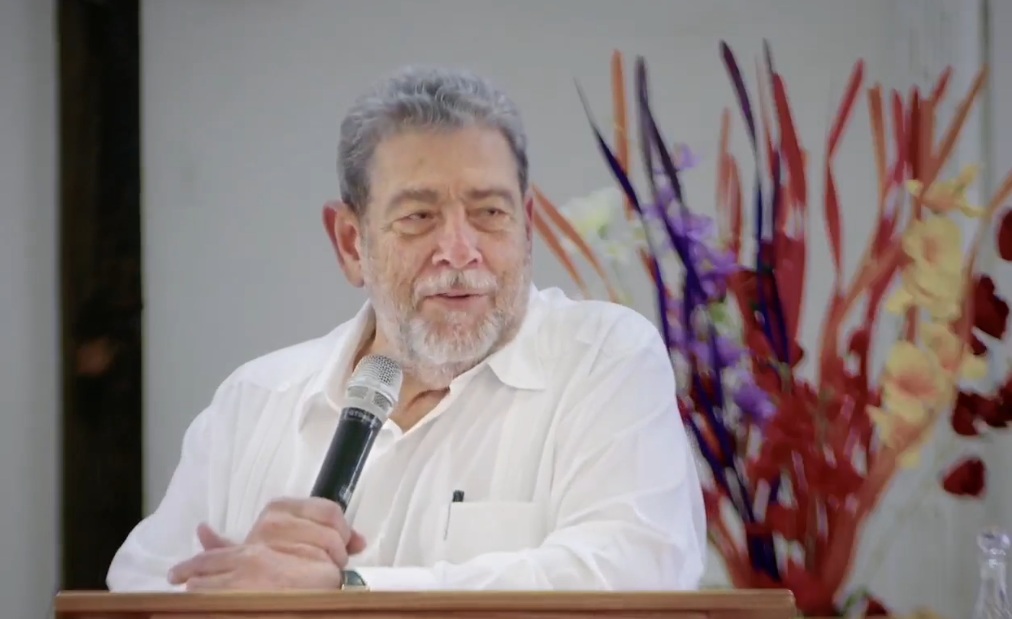St. Vincent and the Grenadines (SVG) has vocally opposed a proposed net-zero emissions regulation, highlighting the potential economic challenges for small developing nations.
Prime Minister Dr. Ralph Gonsalves articulated the country’s nuanced position during a Wednesday morning radio address, emphasizing that while SVG supports environmental protection, the proposed regulation could impose devastating financial burdens on small island developing states (SIDS).
Key Concerns and Implications:
The proposed IMO regulation, set to mandate significant maritime emissions reductions, includes:
- 20% greenhouse gas reduction by 2030 (compared to 2008 levels)
- 70% emissions reduction target by 2040
- Mandatory transition to sustainable shipping fuels
Gonsalves warned that compliance penalties and increased shipping costs would ultimately be transferred to consumers, potentially destabilizing fragile economic ecosystems in smaller nations.
“While we are committed to addressing climate change, international regulations must recognize the unique vulnerabilities of economies like ours,” the Prime Minister stated.
The decision emerged after comprehensive consultations with key government officials, including:
- Hyrone Johnson, Director of Maritime Affairs
- Cenio Lewis, SVG High Commissioner to the UK
The IMO meeting, attended by 173 member states, signals ongoing negotiations and potential future modifications to the proposed regulatory framework.





